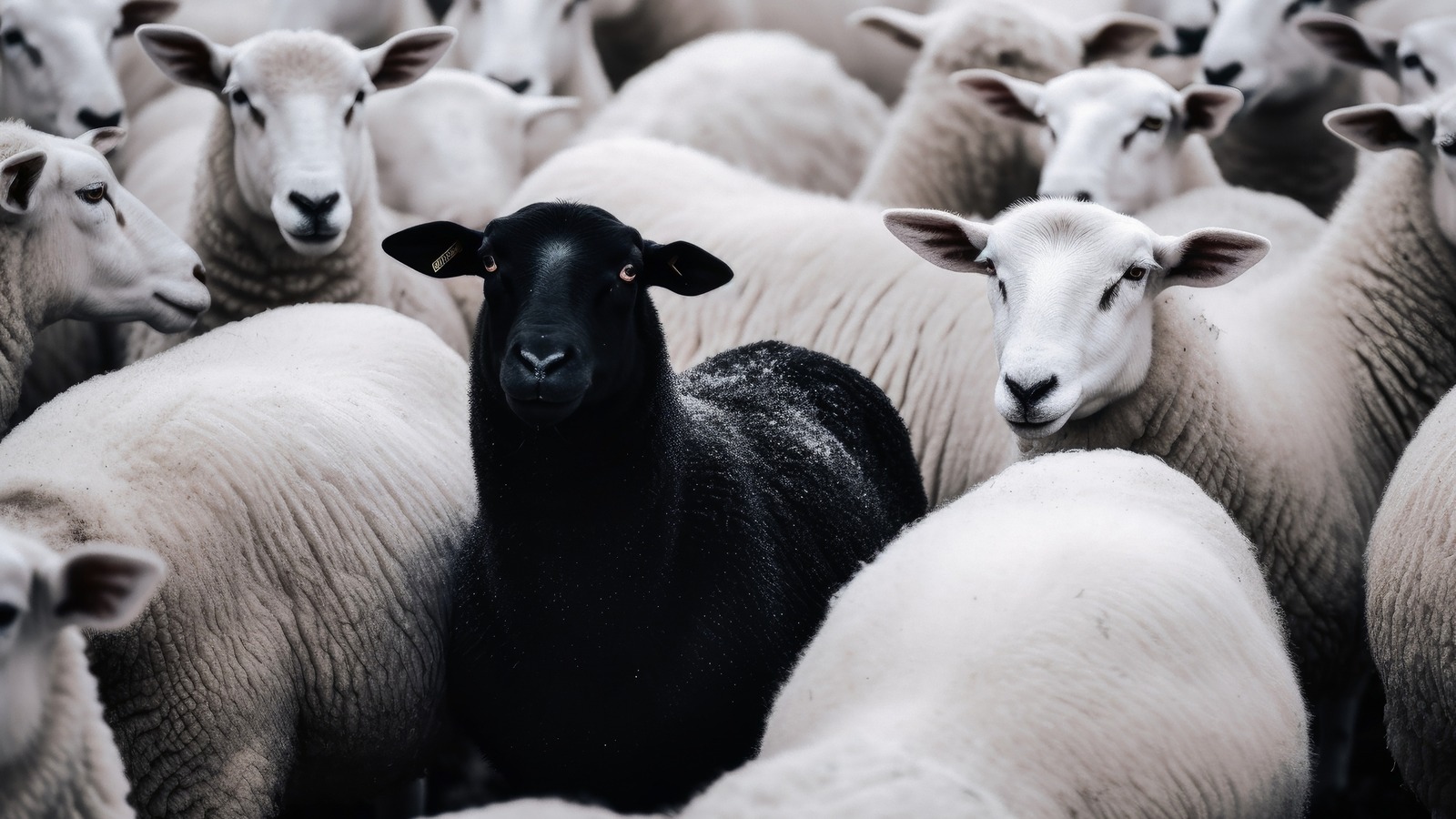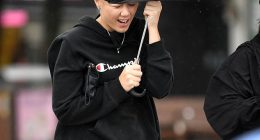
If there is a meaning to “Baa, Baa, Black Sheep” beyond whimsy, it may have been a grumble about tax policies. According to “The Oxford Dictionary of Nursery Rhymes,” those in the wool trade haven taken “Baa, Baa, Black Sheep” as a comment on a medieval tax imposed on wool exports in England. The BBC echoed that interpretation, pointing specifically to the taxes imposed by Edward I.
Under Edward I, the value of a sack of wool was split three ways between the crown, the church, and the farmer whose sheep produced the wool. Alternate lyrics in early versions of the rhyme — “none for the little boy who lives down the lane” — are taken as complaints about the resulting scarcity in this reading. Katherine Elwes Thomas also argued in “The Real Personages of Mother Goose” that “Baa, Baa, Black Sheep” retained its nature as a protest into the reign of Edward VI, when skyrocketing prices helped spark revolts throughout the kingdom.
Read Related Also: ‘Not survivable’: Deputy says mom made sure her sons would die when she shot them
Still, even the taxation protest interpretation of “Baa, Baa, Black Sheep” has limited supporting evidence, and alternative readings have been proposed. In the same article that advocated for the tax theory, the BBC offered another: Farmers considered black sheep an unlucky and unlucrative addition to their livestock since their wool isn’t dyable.






